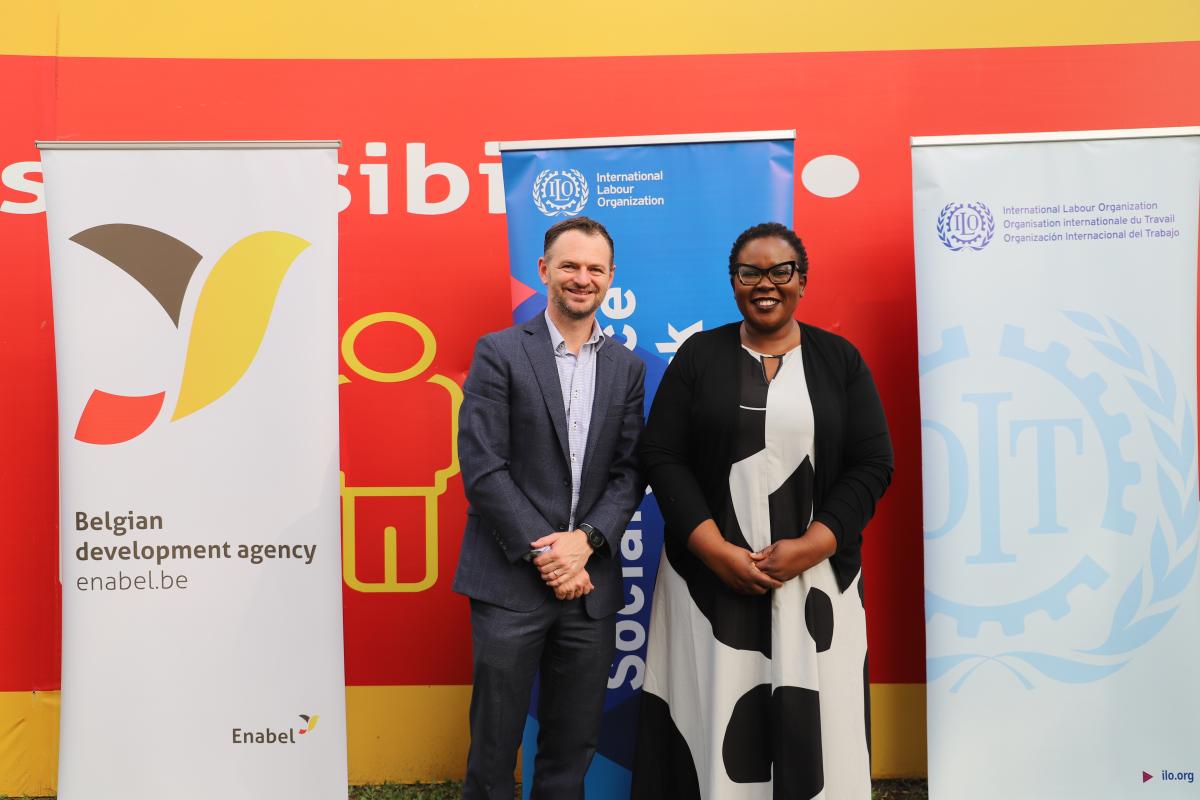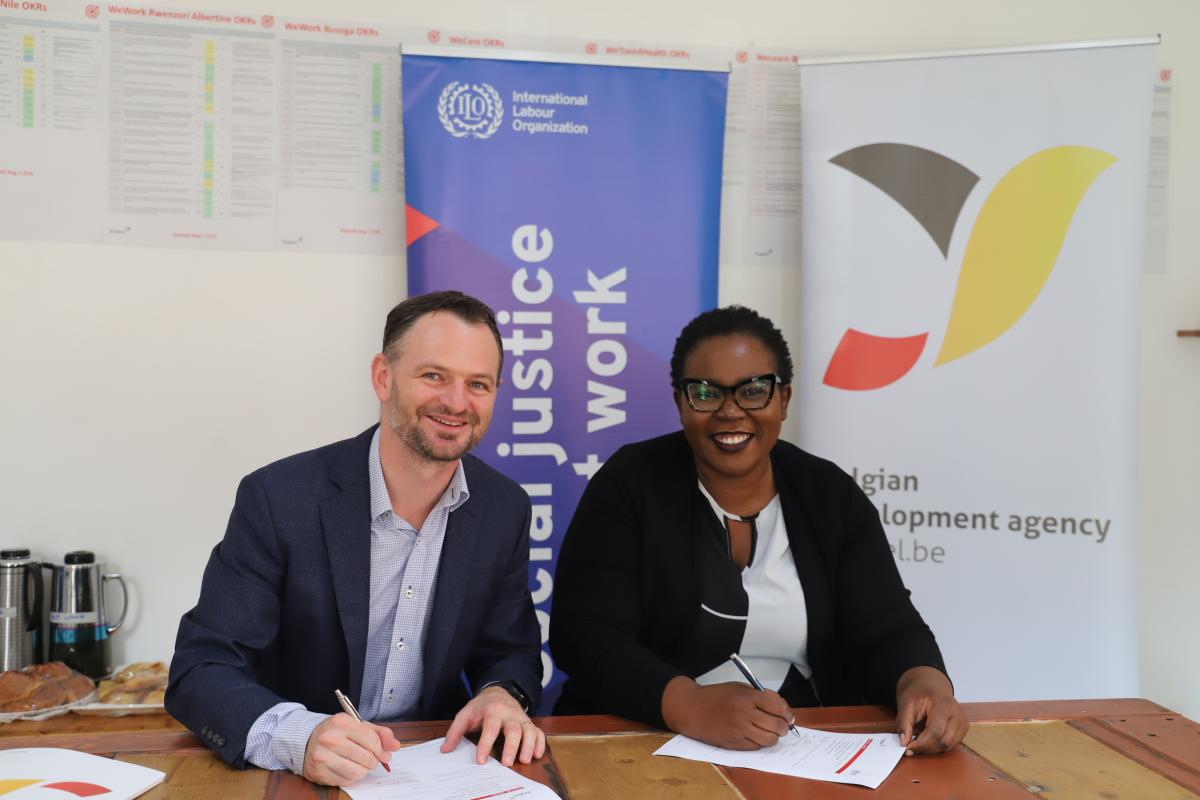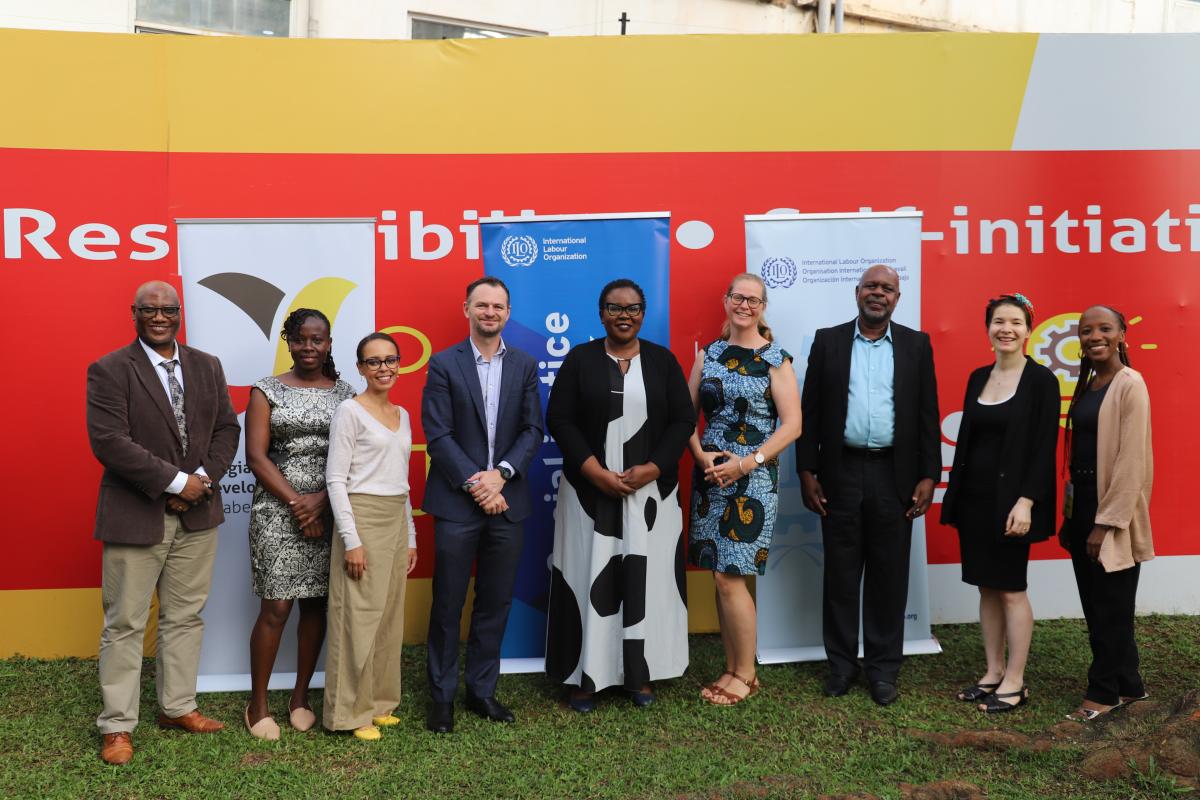Unlocking Decent Work and Social Protection for Uganda’s Informal Workers
In Uganda’s bustling markets, verdant farms,
and growing tourism hotspots, a quiet but powerful transformation is
underway—one that aims to uplift millions of workers who have long laboured
without a safety net or voice. A new initiative by the International Labour Organisation
(ILO), in partnership with Enabel (the Belgian development agency), is striving
to turn the tide on poor working conditions and limited social protection in
the agriculture, tourism, and hospitality sectors of the Albertine-Rwenzori
region.
The
Problem: Millions Working Without a Net
Uganda’s informal economy is massive,
employing more than 90% of the working population. Yet only 3.1% of Ugandans
are covered by even one form of social protection. Women—especially those in
agriculture and hospitality—are disproportionately left behind, often juggling
unpaid care work, informal jobs, and zero workplace benefits. For most, there’s
no maternity leave, no pension, no recourse in case of workplace injuries.
While the National Social Security Fund (NSSF)
exists to offer a savings-based cushion, it covers just 5% of Uganda’s
working-age population. The 2022 legal amendment that allows informal workers
to voluntarily join NSSF marks progress, but much more remains to be
done—particularly in raising awareness and facilitating enrollment.
The
Response: Building Systems That Include Everyone
The new two-year project led by ILO and
supported by Enabel is designed to address these structural challenges head-on.
It focuses on building a culture of decent work and extending social protection
to workers who’ve traditionally been excluded. The project is structured around
five interconnected pillars:
- Fundamental Rights at Work: Training thousands of workers, union leaders, and employers in labour rights, freedom of association, workplace safety, and gender and disability inclusion. Through a cascade model of training-of-trainers (ToTs), this knowledge will ripple out to thousands more.
- Social Protection Access: Partnering with NSSF and the Ministry of Gender, Labour and Social Development to roll out voluntary contribution schemes, targeting informal workers in tourism, agriculture, and hospitality. This includes sensitisation campaigns and capacity-building for NSSF outreach teams.
- Social Dialogue: Empowering women’s organizations, trade unions, and employer associations to advocate for improved working conditions. Special attention will be given to elevating female voices in leadership and strengthening negotiation and organizational skills.
- Labour Productivity: Supporting the national Productivity Task Force through capacity-building and evidence-based policy development to improve national labour productivity and create more decent jobs.
- Policy and System Strengthening: Aligning efforts with Uganda’s Vision 2040, National Social Protection Strategy (2023–2028), and the Decent Work Country Programme (2024–2028), ensuring that every intervention contributes to national goals.
What’s Next: Making Rights Real
The project aims to directly benefit thousands of workers and indirectly uplift entire communities across the Albertine-Rwenzori region. Women and youth, especially those in precarious employment, are at the heart of the intervention. By leveraging Uganda’s national frameworks and the ILO’s global expertise, the initiative is charting a path toward more inclusive, fair, and sustainable livelihoods. With strong stakeholder engagement—from farmers and hotel owners to district labour officers and national policymakers—this initiative is more than a policy; it's a movement. Because decent work should never be a privilege—it should be a right.
Laatste nieuws van dit project
Geen nieuws



